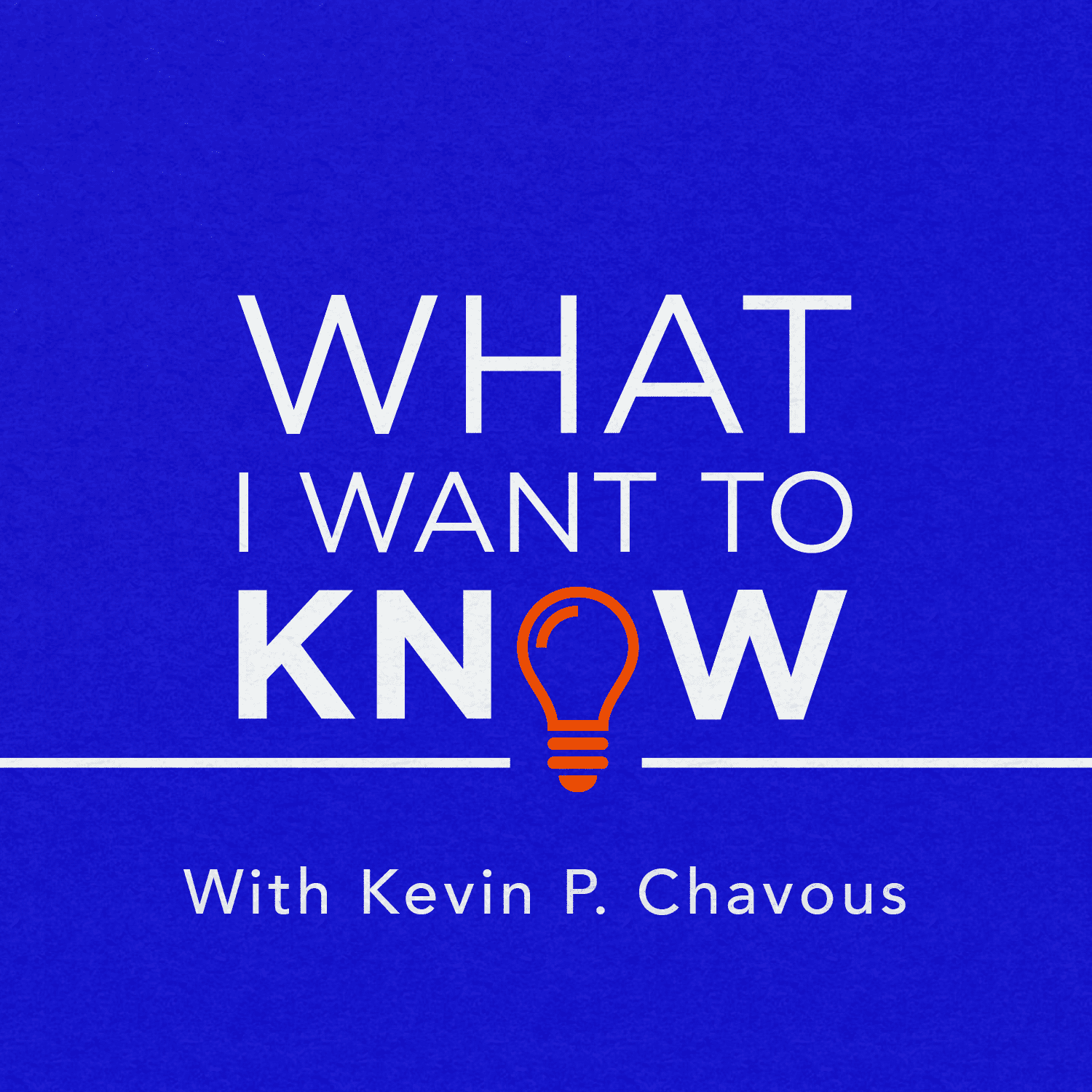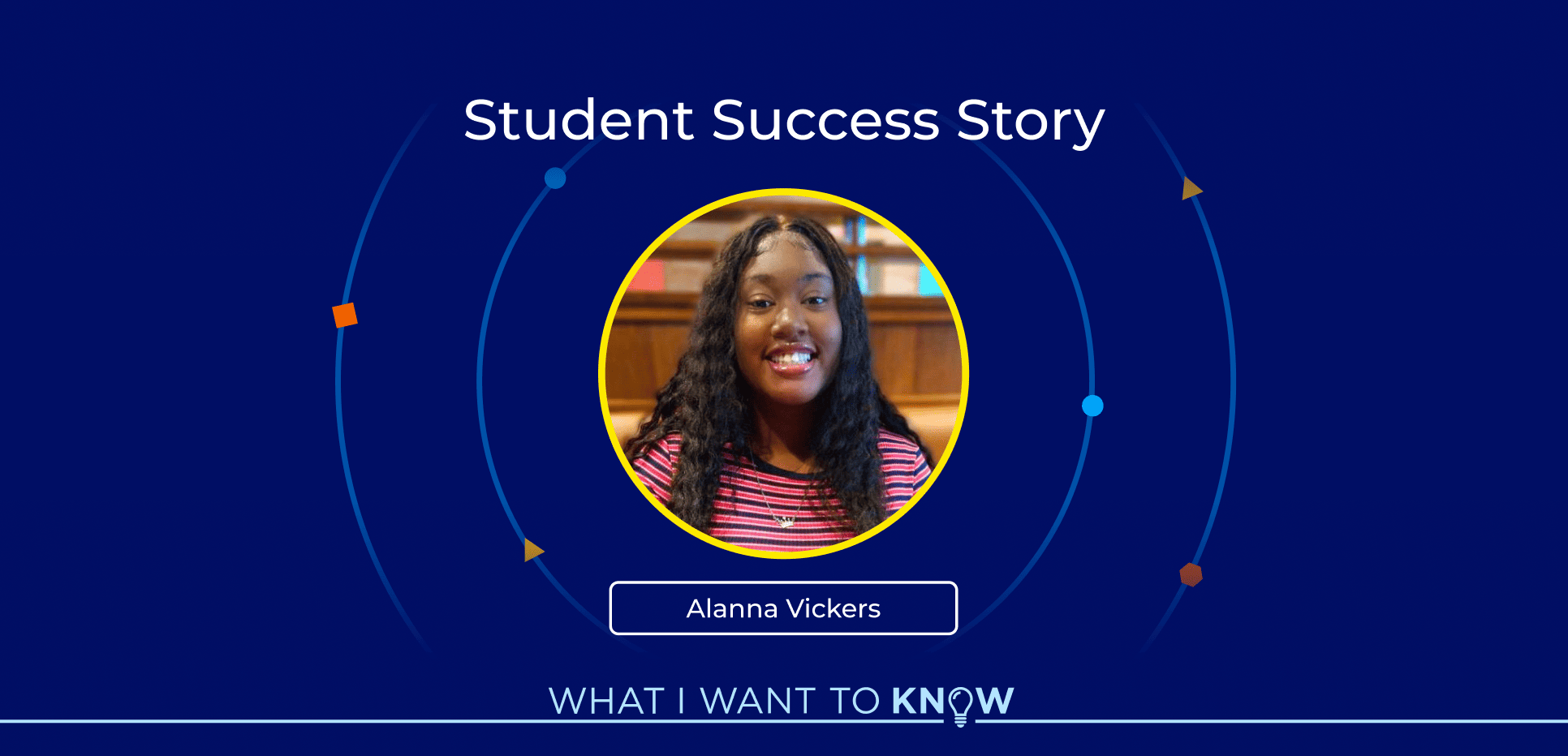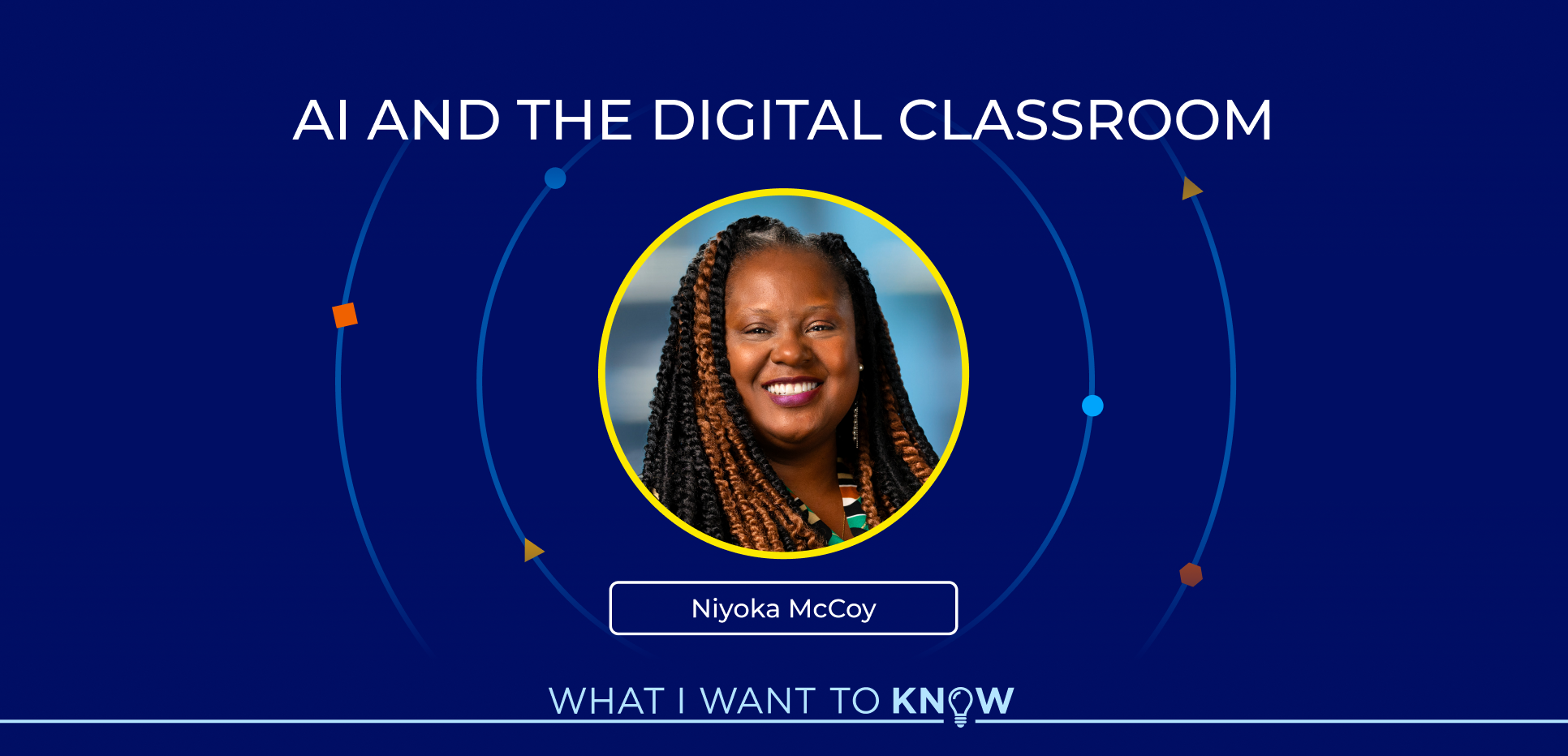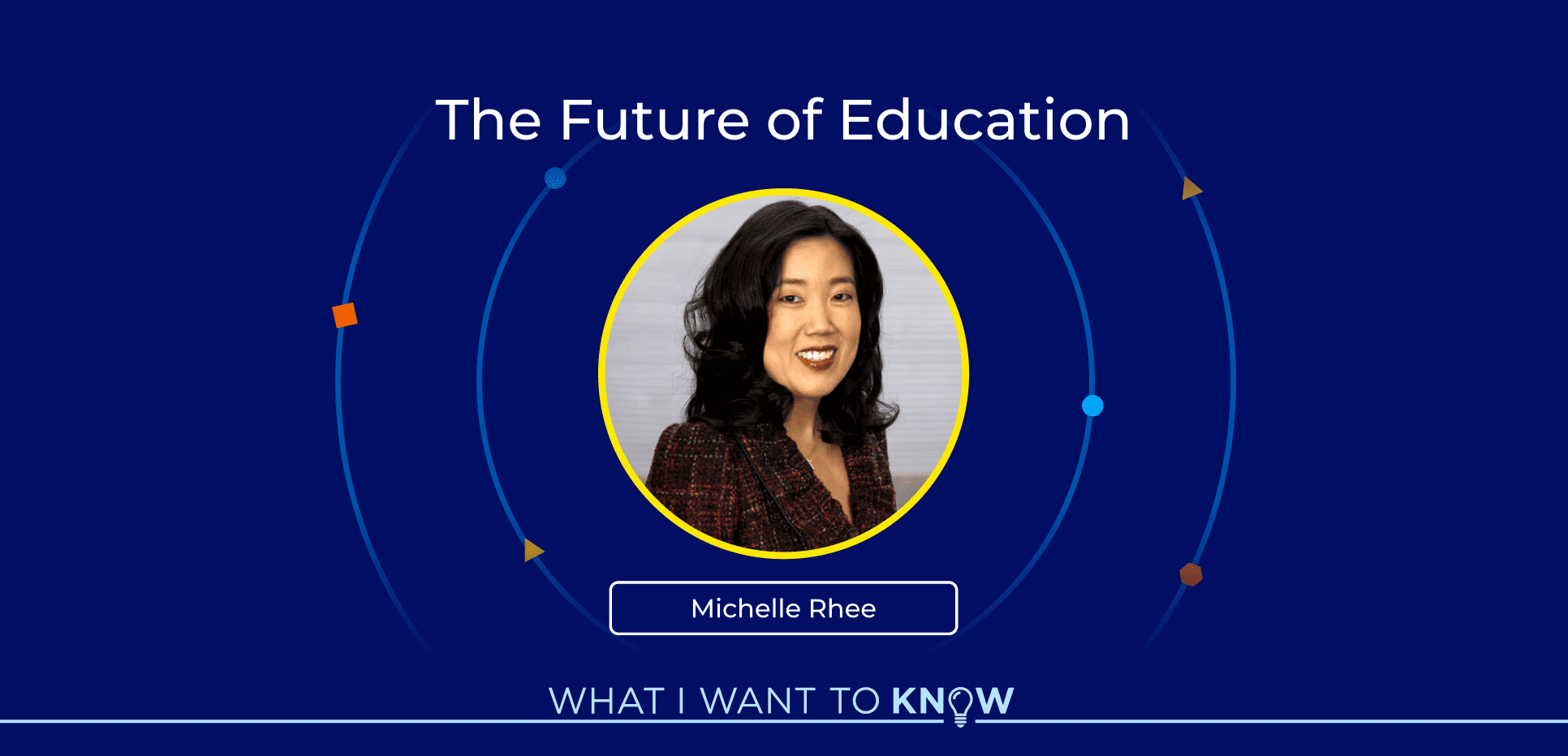Public charter schools currently serve more than 3.7 million students.
In fact, according to a report by the National Alliance for Public Charter Schools, enrollment in public charter schools grew by more than 300,000 students between 2019 and 2023.
What are charter schools? What are the benefits of the charter school model? And how can charter schools create opportunities for our students?
In this episode, Cheryl Stahle joins Kevin to discuss how charter schools can create opportunities for students.
Listen to the Full Audio
Listen on: Apple Podcast, Spotify
Transcript
Kevin: Public charter schools were founded over 30 years ago and currently serve more than 3.7 million students. In fact, according to a report by the National Alliance for Public Charter Schools, enrollment in public charter schools grew by more than 300,000 students between 2019 and 2023.
Why do parents continue to choose charter schools for their kids? What are the benefits of the charter school model? And how can charter schools create more opportunities for students? This is “What I Want to Know.” And today, I’m joined by Cheryl Stahle to find out.
Cheryl Stahle is the academic advisor at West Virginia Virtual Academy. She is the recipient of the National Alliance for Public Charter School’s Annual Change Maker Award. This award honors individuals who are advocates for public education and creating more high-quality public education options for families. She joins us today to discuss how charter schools can create opportunities for students. Cheryl, welcome to the show.
Cheryl: Thank you so much for having me. I appreciate it.
Kevin: You know, the quick question, immediate question, Cheryl, I have for you is, why are you so involved in education? Where did that come from?
Cheryl: I’m not sure. I think it’s just part of my DNA because I didn’t start out in education. Education found me, and I can’t think of anything else I’d rather do. I want to build the future, and this is the way to do it, through our children, through their minds, and their hearts, and their spirits, and really building that next generation of leaders. And you do that through school. You do that through helping them become critical thinkers, independent thinkers, and lovers of knowledge and learning. And that’s how I get up every morning, is how can I inspire a child today?
Kevin: Well, let me ask you this because I love it when I have educators on because all of them, all of them have this incredible passion around teaching and learning. And even though we’ve seen signs that some teachers are leaving the profession, it’s more like they feel like they’re being pushed out of the profession because they may not be getting the support in their individual school or individual school district, but the passion remains. And many of the folks who are leaving the profession end up doing something else to support children. But that passion is so important, and you have channeled that into different learning environments in your journey. So talk about what led you to the West Virginia Virtual Academy based on all the other sort of educational and teaching experiences you’ve had.
Cheryl: I was just waiting for charter schools in West Virginia. I am from West Virginia. I’m a product of the Kanawha County school system. And I left West Virginia like so many people do and really grew up in the Philadelphia area. And I saw what good schools looked like, and I saw what good charter schools looked like. And more importantly, I saw what good virtual charter schools looks like because I chose that path for my own child. And I saw the flexibility, the opportunity, the ability for relationships, which I think drive education because without that relationship, a child is not going to learn for you. And that really solidified my own thinking and philosophy.
So I had the opportunity to get involved with Colearn Academy, which was a very different model. It was designed specifically for homeschool families. And I got to learn about that niche, and I thought there’s some power and beauty with that
But in the meantime, I’m still waiting for West Virginia. So West Virginia got their charter laws passed, and I saw it was time. West Virginia Virtual Academy opened. I’m employee number two. And I’m very proud of that. I am so proud of the school and what we’re doing for the students of West Virginia, and how we are reaching kids who have not been successful in the brick-and-mortar world. And they are finding their niche. They are blossoming.
I have kids who were barely scraping by in brick and mortar, who are now earning college credits, who are now stepping up to leadership roles. That never would have happened in brick and mortar, but it’s happening here because of the environment we’ve created at West Virginia Virtual Academy. And I truly believe it’s based on those relationships and the ability to inspire kids and to get them to believe in themselves, and then they will do anything for you. And they’re doing amazing things here.
Kevin: There are so many kids, and we saw this during COVID, that do thrive in the online learning experience. It’s not for everybody, but it should be for anybody. And so talk about what you have seen, because you mentioned it, some of those kids that were so far behind, you know, some could have been bullied, some may had some physical challenges, mental challenges, what have you, emotional challenges. Brick and mortar didn’t work. But then they come to this virtual academy, this virtual charter school, and all of a sudden the light bulb goes on and they’re able to work well and learn because they’re being met where they are. Talk about some of those experiences.
Cheryl: That’s what gets me up every morning is thinking about these kids. We have some of the most amazing kids in the world. And the trauma that some of them have experienced, I don’t know how they get up in the morning. But it is so fabulous to watch them get involved in classes. They feel safe. And I think that is so important is that a child feels safe and they feel safe because, one, they’re in their homes, but they’re also surrounded by educators who care about them, who hold them to very high standards, but then support them along the way. And if I’m asking you to do trig and you can’t add, I need to support you. And that’s what our teachers do. We have that flexibility and drive to support our kids, and they feel it.
They also feel heard. I meet with the kids all the time, and if they want something or they want to try something, they just ask me. And if I can figure out how to do it for them, I will. So they feel like a part of our community. So just as a silly example, I had kids last summer ask me for a D&D Club. I don’t know anything about Dungeons and Dragons. Not a clue. So I surveyed my teachers. I said, “Hey, does anybody know anything about D&D?” And they went, “No.” Two of them learned. So I have now two very talented Dungeon masters and about a group of 60 kids who played D&D every week.
Kevin: Yeah.
Cheryl: This came from the kids. They felt heard, and we found a way to meet their need.
We do this in the classroom too. We do it in our face-to-face events. I try to get out and meet with families as often as I can. And sometimes I just take a group of kids and their parents and we go hike in the woods. You build relationships then. And when you are building those relationships, the kids feel safe to come and talk to you. And when you have that two-way conversation going, we can close those learning gaps.
We’re also doing that with parents. And I think that is so important. So we can’t forget our adults, but some of our adults hate being called into the principal’s office. So when I call parents and I say, “Hey, it’s Ms. Stahle,” and they’re like, “What’d I do?” “You did nothing. Let’s talk about your child and what great things they did today.” We have to get our parents over that hump too, so that they also feel welcomed and a part of our learning community. And when we do that, we’ve got a village supporting our kids. And when you’ve got that village, they can do anything. And that’s how we work here at West Virginia Virtual Academy.
Kevin: You know, it makes so much sense. And again, we see people do this, teachers do this, educators do this in great schools all over the country, you know, public, traditional public, charter, private, virtual magnet, what have you. And yet we also have this push to force a circle in a square, where I think we spend too much time, too long a time trying to force fit a child in an environment that doesn’t work for them.
So you mentioned parents. What advice would you give parents? They may be in West Virginia, they may be in another state, but they’re listening to this show. What advice would you give to parents who have a feeling irrespective of the type of school their kid currently goes to, but they have a feeling that it’s just not working, but they also aren’t sure of where the right fit would be for their child? What advice would you give those parents when it doesn’t feel right, but they’re not sure where to go?
Cheryl: Follow that gut instinct. You know what’s best for your child. And start asking questions. What I’ve started finding is, because I’ve become very vocal and I am very vocal within the state of West Virginia about charter schools, people call me. They direct message me on social media and they ask questions. And my school may not be right for them. Our school may not be the best place, but let’s talk about your options and how you find out about your options. So build that network of people. Ask really good questions. And ask your child what feels right for them because some of our parents have put their children in our virtual environment, and the kids don’t want to be there.
Kevin: Yeah.
Cheryl: Your child, ask them. Don’t forget their voice as well because if you put them in a place they don’t want to be, they’re not going to perform.
Kevin: I tell you what, you’re doing great work, Cheryl. I really appreciate you joining us, and thanks again for coming on the show, sharing your experience in West Virginia. We appreciate you being on, “What I Want to Know.”
Cheryl: Thank you so much for having me. I do appreciate it, and I do appreciate the opportunity to continue raising my voice for charter schools.
Kevin: Thanks for listening to “What I Want to Know.” Be sure to follow and subscribe to the show on Apple Podcasts, Spotify, or your favorite podcast app so you can explore other episodes and dive into our discussions on the future of education. And write a review of the show. I also encourage you to join the conversation and let me know what you want to know using #WIWTK on social media. That’s #WIWTK.
For more information on Stride and online education, visit stridelearning.com. I’m your host, Kevin P. Chavous. Thank you for joining “What I Want to Know.”
Meet Cheryl
Cheryl Stahle is the academic advisor at West Virginia Virtual Academy.
She is the recipient of the National Alliance for Public Charter Schools annual Changemaker Award. The award honors individuals who advocate for public education and create more high-quality public education options for families.






